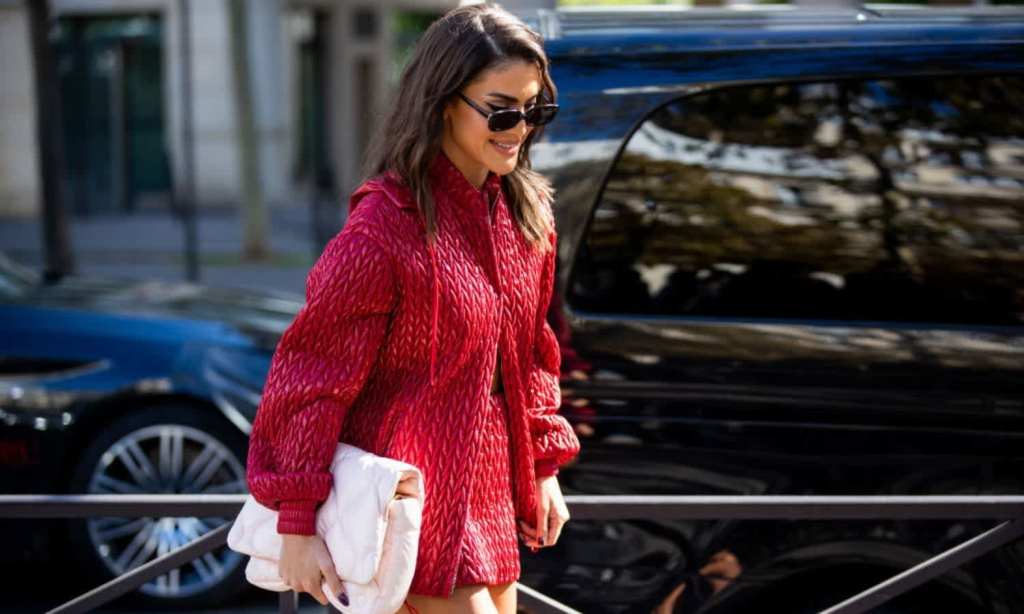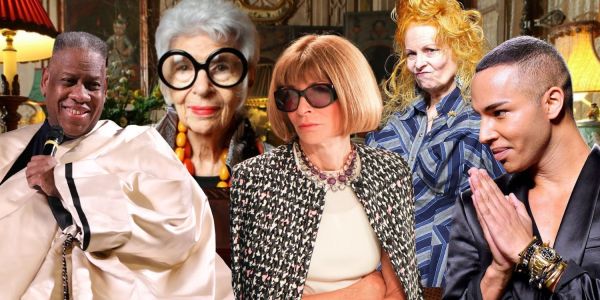It’s no secret that the fashion industry is a problematic one. And, although there have been many positive changes throughout the years and many consumers are embracing sustainable and ethical fashion, environmental issues and human rights abuses are still prevalent.
Because many brands and retailers don’t own their supply chains, it can be difficult to ascertain where their products come from. This is one of the main reasons why I launched online shop NASH + BANKS — to provide one platform housing a curated edit of the best sustainable and ethical brands, that consumers can trust to have done the homework for them.
The process of becoming more considered with fashion can be overwhelming, so I recommend starting with the values that resonate with you most.
For example, is animal welfare your top concern or are you more focused on reducing your carbon footprint? Take it one step at a time with a view that this is a journey that will quickly gain momentum, and that small changes made by each individual add up to make a positive impact.
Below are some of the things I look for when vetting fashion brands:
What Is It Made From?
Something important to consider is the materiality of an item. Choose quality natural fabrics like organic cotton, linen, hemp and bamboo for clothing. Try to avoid synthetic fibres as they shed microplastics into the water supply each time you wash them. Also, take a look at what your accessories — like shoes and bags — are made from, too.
“Vegan leather” might seem like the ethical choice, but it is often just a nice way of saying plastic. There are many plant-based leather alternatives on the market now utilising mushrooms, cactus, silicon and pineapple leaves.
Choosing to support brands that have made a commitment to plastic-free packaging, from swing tags to compostable mailers, is another step in the right direction.
Is It a Mass-Produced, Trend-Driven Piece?
Fast fashion has a huge impact on our environment and the people who make it. Because many of the big-name brands are mass-produced in factories and warehouses, an enormous amount of resources such as energy, water, coal, land, and gas are needed to fuel the creation of trend-focused products — many of which end up in landfill after only a few wears.
When you buy quality, handmade pieces that are designed to last, however, you’re usually supporting the work of a small craft studio or workshop which has a minimal impact on the environment.
Instead of buying mass-produced items, each purchase you make is a one-off, made in small batches or in limited runs, therefore creating far less wastage. As an added bonus, these pieces end up lasting season after season, ageing gracefully or even getting better with age.
Is the Brand Transparent About Its Supply Chain and Practices?
If a brand is using terms like ‘sustainable’, ‘ethical’, ‘eco-friendly’ etc. in their marketing, look carefully at whether they are supporting these claims openly and transparently.
It’s an immediate red flag if they do not back these claims up with details regarding raw materials, production processes, the country they manufacture in and the ethical standards and certifications they have in place.
As demand for sustainable and ethical fashion grows so do the number of brands quick to jump on the bandwagon and profit from this ethos. In my experience, the brands who genuinely care and are built on delivering against these values provide a lot of clear evidence, are transparent about their shortcomings and share their goals for the future.
Check if they’re rated on the app Good On You. The Good On You app is a brilliant resource that makes buying sustainable and ethical fashion simple. It provides easy to understand data on over 3,000 fashion brands as well as handy tips, news and style edits from the world of ethical fashion and lifestyle all in one place.
Each brand’s impact is measured based on three criteria; environmental impact, labour impact and animal welfare, and then they’re awarded a star rating from five stars (Great) to one star (“We avoid”).
Does the Brand Have B Corp Certification?
B Corp certification is recognised around the world and signals that a business meets the highest standards of verified social and environmental performance, is publicly transparent and has legal accountability to balance profit and purpose.
There are almost 4,000 B Corp certified companies in 150 industries through 74 countries, and once verified they make a commitment to continuous improvement.
Read more stories from The Latch and subscribe to our email newsletter.







